Members
To become a member of the community means that your organisation is committing to contribute and co-fund the core project, which in turn allows you to drive both the community and product directions, and benefit from the other community members and the core team.
With the .Stat Suite fully open source and available for free, any organisation can use the software, with however limited support. Organisations who cannot become members (Tier 2) but are interested in receiving support can either connect to one of the Tier 1 community members as a potential support organisation, or a Technology Partner for a commercial arrangement for the support of their .Stat Suite platform.
If you are looking for a list of members and non-members .Stat Suite instances then please check out the Gitlab documentation page here.
The Members of the Statistical Information System Collaboration Community
The Food and Agriculture Organisation (FAO)

The Food and Agriculture Organisation (FAO) is a specialised agency of the United Nations that leads international efforts to defeat hunger.
FAO's goal is to achieve food security for all and make sure that people have regular access to enough high-quality food to lead active, healthy lives. With 195 members - 194 countries and the European Union, FAO works in over 130 countries worldwide.
Statistics Canada

Statistics Canada produces data that help Canadians better understand their country - its population, resources, economy, environment, society and culture. As Canada's central statistical office, Statistics Canada is legislated to serve this function for Canada and each of the provinces and territories.
Swiss Federal Statistical Office (BFS)
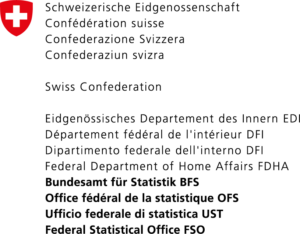
The FSO is Switzerland's national competence centre for official statistics. It produces and publishes statistical information on the status and development of the population, economy, society, education, research, territory and the environment. This information is used for opinion building among the population and for the planning and management of key policy areas. They make an important contribution to a modern, democratic state.
Federal Competitiveness and Statistics Centre (FCSC)
The Federal Competitiveness and Statistics Centre (FCSC) is a federal government authority reporting to UAE Cabinet aiming to develop the UAE's performance in the areas of competitiveness and statistics, through establishing an integrated national statistical system and regulating the statistical and competitiveness sector to achieve UAE’s national interests.
Pacific Community

The Pacific Community is the principal scientific and technical organisation in the Pacific region. It is an international development organisation owned and governed by its 26 country and territory members.
Instituto Nacional de Estadisticas de Chile (INE)
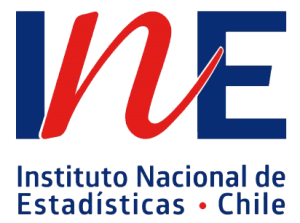
The National Statistics Institute of Chile (Instituto Nacional de Estadística de Chile, INE) is a state-run organization of the Government of Chile, created in 1843 and tasked with performing a general census of population and housing, then collecting, producing and publishing official demographic statistics of people in Chile, in addition to other specific tasks entrusted to it by law.
UNICEF

The United Nations Children’s Fund is a United Nations (UN) agency headquartered in New York City that provides humanitarian and developmental assistance to children and mothers in developing countries. It is a member of the United Nations Development Group.
Institut national de la statistique et des études économiques (STATEC)

STATEC (National Institute of Statistics and Economic Studies of the Grand Duchy of Luxembourg) is an administration under the authority of the Ministry of Economics. Its missions are to provide public and private decision-makers, along with the citizens, a high-quality statistical information service.
Statistics Tunisia (INS)
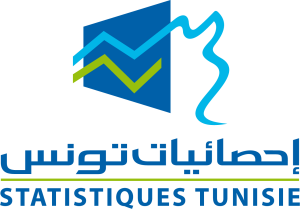
The National Institute of statistics (L’Institut National de la Statistique: INS) was created in 1969. It is a non-administrative public organization . It also represents a central organ in the national statistics system.
International Labour Organization (ILO)

The only tripartite U.N. agency, since 1919 the ILO brings together governments, employers and workers of 187 member States , to set labour standards, develop policies and devise programmes promoting decent work for all women and men.
UKData Service

The UK Data Service is funded by the Economic and Social Research Council (ESRC) to meet the data needs of researchers, students and teachers from all sectors, including academia, central and local government, charities and foundations, independent research centres, think tanks, and business consultants and the commercial sector.
National Bank of Belgium (NBB)

The National Bank of Belgium (NBB) has been Belgium’s central bank since 1850. It performs tasks in the general interest at both national and international level.
Australian Bureau of Statistics (ABS)
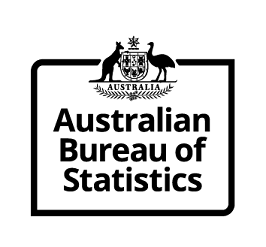
The Australian Bureau of Statistics (ABS) is the independent statistical agency of the Government of Australia. The ABS provides key statistics on a wide range of economic, population, environmental and social issues, to assist and encourage informed decision making, research and discussion within governments and the community.
Statistics New Zealand
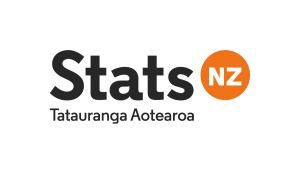
Statistics New Zealand (Tatauranga Aotearoa), branded as Stats NZ, is the public service department of New Zealand charged with the collection of statistics related to the economy, population and society of New Zealand. To this end, Stats NZ produces censuses and surveys.
Organisation for Economic Co-operation and Development

The OECD provides a forum in which governments can work together to share experiences and seek solutions to common problems. We work with governments to understand what drives economic, social and environmental change. We measure productivity and global flows of trade and investment. We analyse and compare data to predict future trends. We set international standards on a wide range of things, from agriculture and tax to the safety of chemicals.
Interesting in becoming a member? Get in touch to find out the steps.